Company details for:
Operator Training Services Ltd
Hanover Mill,
Church Road ,
Mersham,
Ashford,
Kent,
TN25 6NU,
United Kingdom
Quick Links:
Products / Services
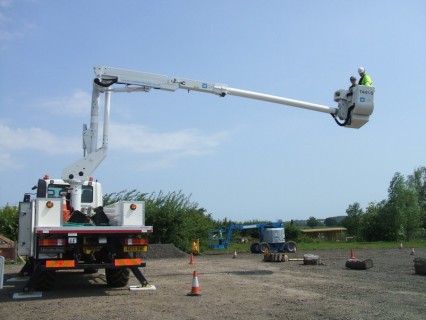
IPAF Insulated Aerial Device (IAD)
At the end of the course the operator will be able to:
- Understand the care and maintenance of the insulated section of the IAD
- Manoeuvre the machine as required, to correctly position it to carry out the required tasks in a correct and proper manner
- Understand the use of a load chart and calculate the safe lifting capacity at any combination of boom angles and jib extension
- Use the over centre capabilities of the machine if applicable
Operators must have successfully completed an Operators 1b course for a minimum period of 6 months prior to the course, however other options are available i.e. or have written documented proof from their employer. A 1b category license can be obtained on this machine if required.
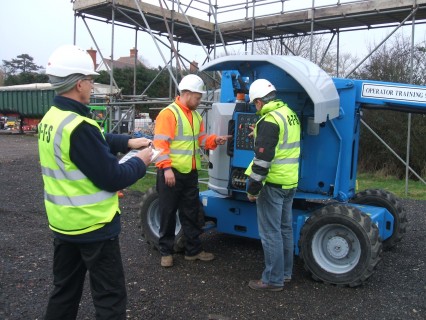
IPAF MEWPS Demonstrator
- To State the main aims of the Health & Safety at Work Act 1974 and associated regulations
- To understand the need for accident prevention
- To be able to carry out personal risk assessments
- To create and advise on safe systems of work in relation to the safe use of mobile elevating work platforms
- To understand the role of a demonstrator and their responsibilities
- To train the demonstrator to a level of competence to enable him/her to safely hand-over a mobile elevating work platform
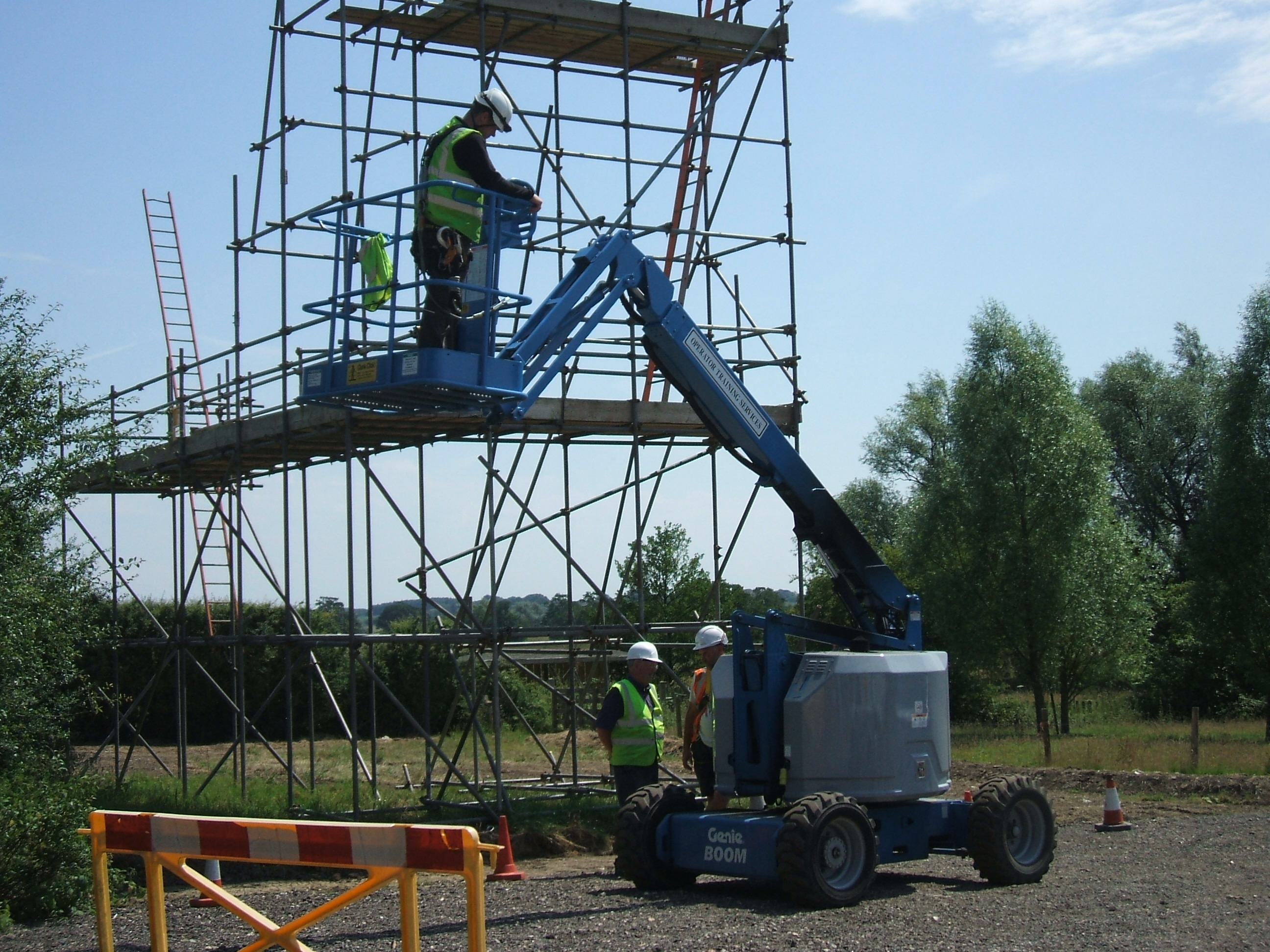
IPAF MEWPS for Managers (MM)
The course will cover the following points
- Introduction
- Machine classification
- Types of machines
- Use
- Health & Safety at Work Act 1974
- Provision and use of Work Equipment Regulations 1998
- Lifting Operations and Lifting Equipment Regulations 1998
- Management of Health & Safety at Work Regulations (MHSWR) 1999
- Personal Protective Equipment (PPE) at Work Regulations 1992
- Work at Height Regulations 2005
- Additional Regulations
- Mobile Elevating Work Platforms − Operator (driver) Training BS ISO 18878:2004
- BS 8460:2005 Safe Use of MEWPs − Code of Practice
- Practical View of Machine (optional)
- Delivery of Machines
- Theory test
- Course Evaluation
Candidates are encouraged to stay on post course to attend a brief practical familiarisation on their chosen MEWP category(s) (this is optional).
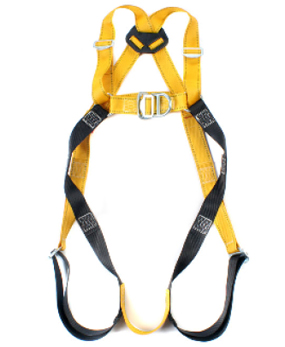
IPAF MEWPS Harness Use & Daily Inspection
At the end of this course candidates will
- Be aware of the relevant Health & Safety Regulations
- Be aware of the needs with regard to Personnel Protection Equipment (PPE) against falls from height and the relevant requirements
- Be able to identify and select the correct form of PPE against falls from height when using a MEWP
- Be able to inspect and maintain a harness and lanyard
- Be able to fit and use the harness and lanyard identified
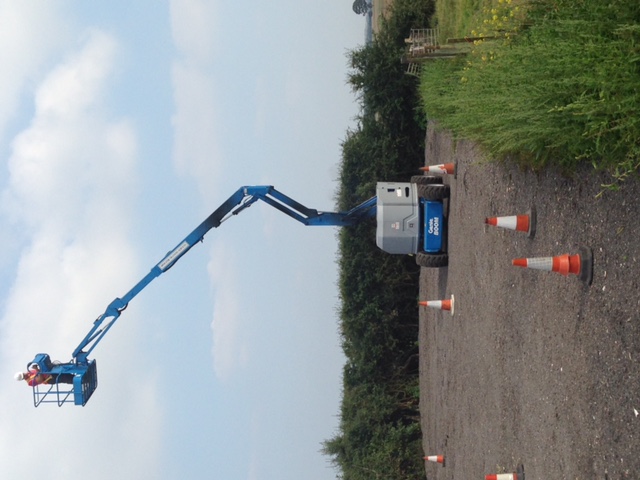
IPAF Mobile Boom (3b) Cherry Picker
This machine is powered by either petrol, diesel, gas, battery, bi-fuel, bi-energy (diesel engine charges the batteries only, machine runs off electric) or hybrid (diesel engine runs of the machine and simultaneously charged the batteries).
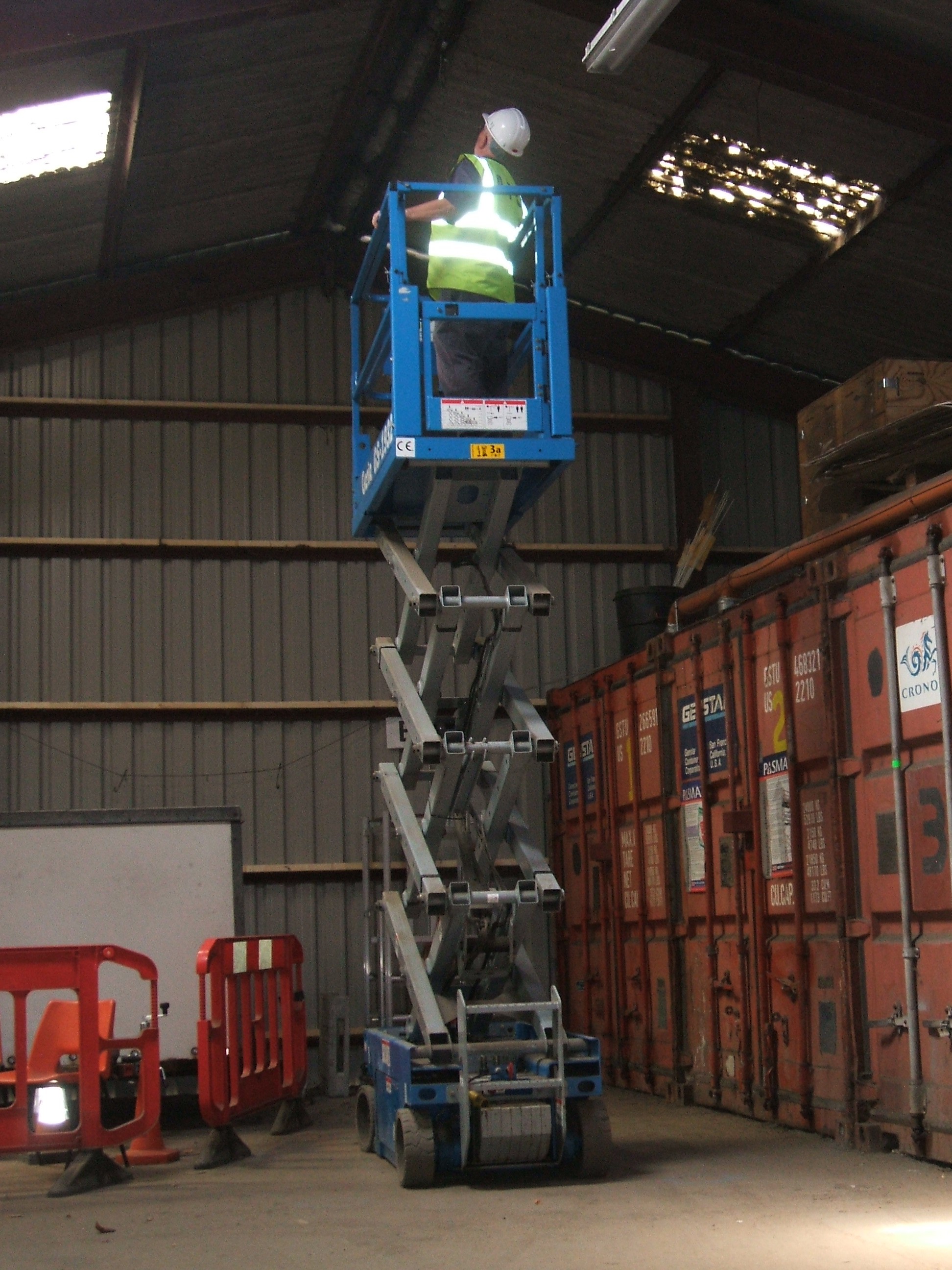
IPAF Mobile Vertical (3a) Scissor Lift/Sigma Lift
This machine is powered by either petrol, diesel, gas, battery, bi-fuel, bi-energy or hybrid.
Vertical machine only.
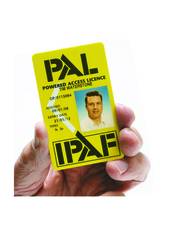
IPAF PAL PLUS (PAL+)
PAL+ Training is only open to operators who hold an existing PAL Card qualification in the relevant category.
PAL+ includes a short, compact theory session and focuses on practical training, using large machines such as a scissor lift with a minimum of 10m working height and a boom with a minimum of 15m working height. For example, one practical exercise focuses on work in confined overhead spaces; another practical exercise involves driving the machine on challenging terrain.
Candidates have to complete a theory test, a practical test and an individual interview. Upon successful completion of the theory test, practical test and interview, operators will have the relevant categories added to their PAL Card, e.g. Static Vertical (1a+), Static Boom (1b+), Mobile Vertical (3a+) and Mobile Boom (3b+).
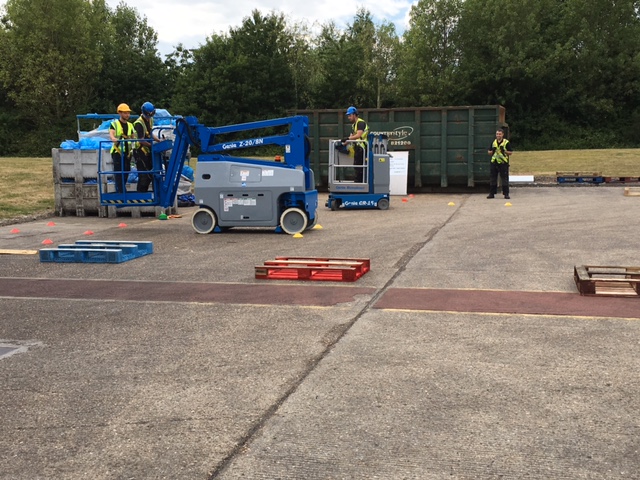
IPAF Push Around Vehicle (PAV)
Operators with Static Vertical and Mobile Vertical licences can use PAVs having been familiarised.
Please note, this category is often confused with the (1a) category.
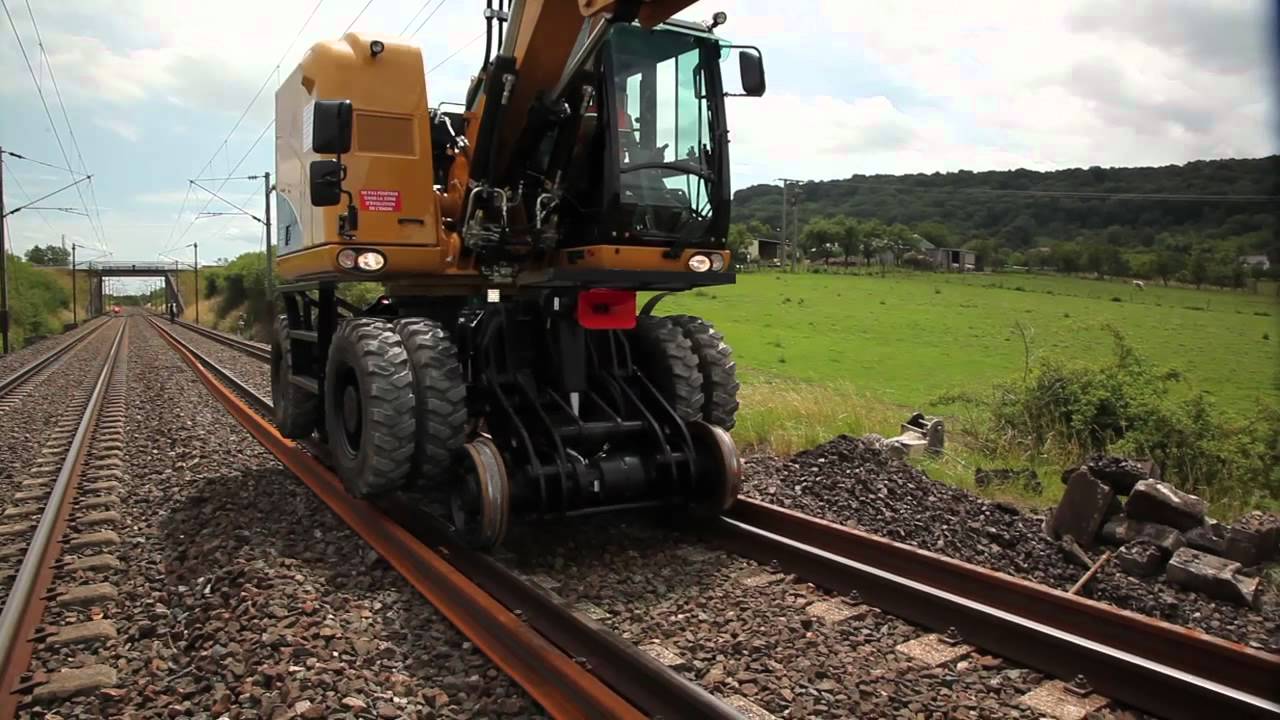
IPAF Road Rail Vehicle (RRV) (Special Category)
They are often converted road vehicles, keeping their normal wheels with rubber tires, but fitted with additional flanged steel wheels for running on rails. The rail wheels are raised and lowered as needed. Purpose-built road-rail vehicles also exist.
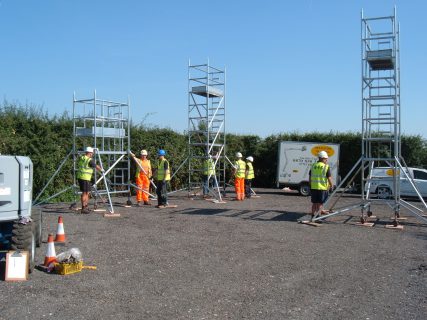
PASMA Combined Standard + Low Level Access
This course will cover the following points
- Current Legislation
- Regulations and Guidance affecting working from low level access units and standard mobile access towers
- PASMA Code of Practice
- PAS250 (Publicly Available Specification)
- Assembling
- Altering and dismantling
- Incorporates current best practice for fall protection
- Inspection of both low level and standard mobile access towers
- Tower Inspection Records; hazards affecting the use of units & platforms
A PASMA Certificate and PhotoCard will be issued to successful delegates who complete the Theory and Assessment sessions at the level they attend the course which has a five year validity period.
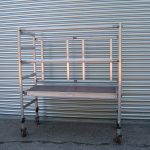
PASMA Low Level Access
At the end of the course the delegates will be aware of:
- Health & Safety At Work Act 1974
- Working At Height Regulations 2005
- Construction (Health, Safety & Welfare) Regulations 1996
- Management of Health & Safety at Work Regulations 1999
- Provision & Use of Work Equipment Regulations 1992
- Personal Protective Equipment at Work Regulations 1992
- Manual Handling Operations Regulations 1992
- BS 1139 Part 3 1994 : HD 1004 1992
- BS EN 1298
- Health & Safety in Construction (HS (G) 150
- Reporting of Injuries, Diseases & Dangerous Occurrences
- Regulations 1995 (RIDDOR)
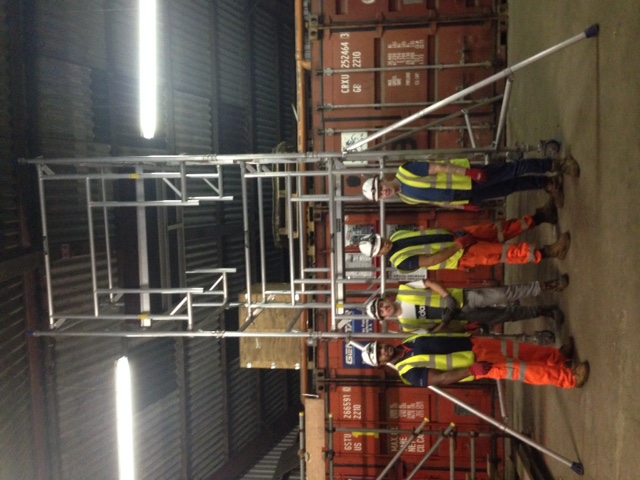
PASMA Managers & Supervisors Inspection
This course will cover the following points
- Current Legislation
- Regulations and Guidance affecting work at height with mobile access towers
- PASMA Code of Practice
- A look at assembling, altering and dismantling mobile access towers incorporating current best practice for fall protection
- Inspection of completed mobile access towers and completion of Tower Inspection Records
- Hazards affecting the use of mobile access towers
A PASMA Certificate and PhotoCard will be issued to successful delegates who complete the Theory and Assessment sessions at the level they attend the course which has a five year validity period.
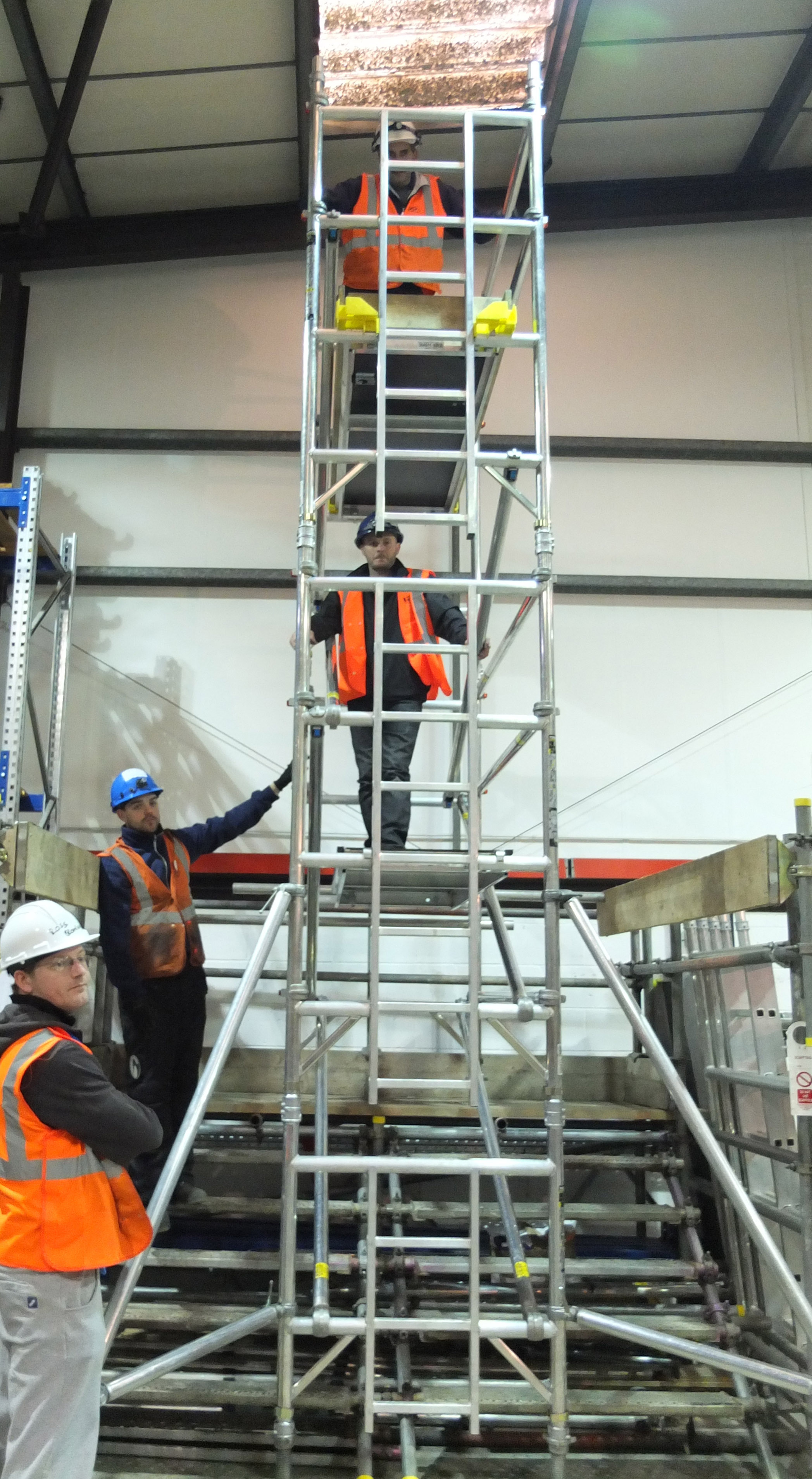
PASMA Towers on Stairs
The course will cover the following points
- Current Legislation
- Regulations and Guidance affecting working at height with access towers
- PASMA Code of Practice;
- Product Standards EN 1004:2004
- BS 1139 Part 6
- Assembling, altering and dismantling towers incorporating current best practice for fall protection
- Inspection of completed access towers and completion of Tower Inspection Records
- Hazards affecting the use of towers on stairs.
All delegates attending the PASMA Towers On Stairs course must hold a current PASMA Towers for Users PhotoCard and have a good working knowledge of working at height.
Training courses take place at our Ashford, Kent training centre, where delegates will be able to utilise our on-site purpose built staircase to perform a practical test, based on the knowledge they have acquired throughout the course. On-site training may be possible, please contact us to discuss this option further.
A PASMA Certificate and PhotoCard will be issued to successful delegates who complete the Theory and Assessment sessions at the level they attend the course which has a five year validity period.
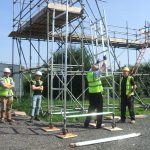
PASMA Work at Height Essentials
The course will cover the following points
- Course assembly and introduction
- European and United Kingdom legislation
- PPE Regulations
- PUWER Regulations
- HSWA Regulations
- Management of Health & Safety at Work Regulations
- Working at Height Regulations 2005
- Maintenance Working at Height
- Ladders/Steps
- Aluminium access towers
- Scaffold Awareness
- Fall prevention/harnesses
- Mobile Elevating Work Platforms (MEWPs)
- ‘A Head for Heights’
A PASMA certificate and PhotoCard will be issued to successful delegates who complete the theory and assessment sessions at the level they attend the course which has a five year validity period.
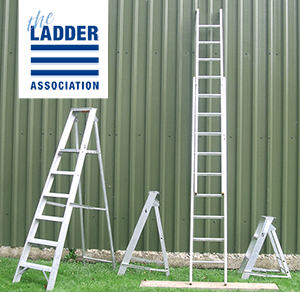
The Ladder Association Inspector Course
It is a requirement that those attending this course have successfully completed the Ladder Association’s Ladders & Step Ladders Users Course
Course Content
- Legal requirements and guidance
- Initial inspection
- Asset register
- Inspection procedures
- Inspection Documentation
- Manufacturing techniques
- Maintenance/repairs
- Disposal
You will be competent to:
- Accurately record details of ladders
- Identify component parts using industry standard naming conventions
- Thoroughly inspect ladders and stepladders, and identify safety critical faults
- Record your findings in accordance with statutory requirements (as outlined in PUWER ACOPs 163)
- Recommend action to be taken if faults foundYou will have an understanding of:
- The relevant legislation and guidance and approved code of practice (ACOPs) governing the inspection of ladders and stepladders
- The difference between pre-use and formal inspections
- Common manufacturing processes used, and their implications for the cost-effectiveness of repairs
- The difference between maintenance and repairs and who is allowed to do them
- The correct methods of disposal of equipment at the end of it’s working life
Registration is with The Ladder Association (formerly BLMA) providing each training delegate with a recognised and accepted licence.
The licence covers:
- Inspector license
- Covers 5 year period
- ID Card and Certificate
- Accepted by UK contractors group
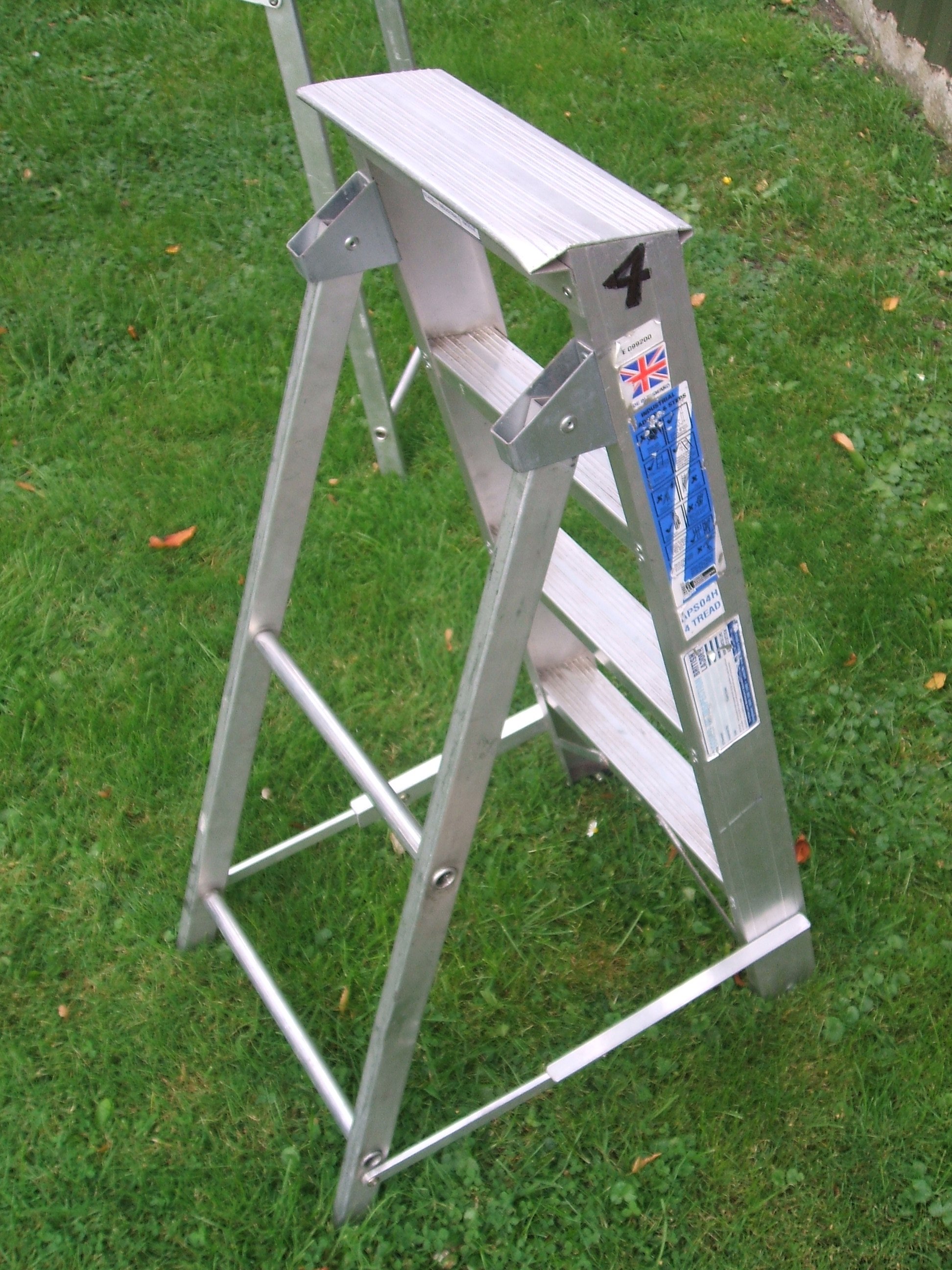
The Ladder Association Steps & Stools Course
Delegates will be competent to:
- Assess and determine when it’s appropriate to use stepladders & step stools.
- Correctly locate and safely use stepladders & step stools.
- Visually inspect stepladders and step stools for damage before and after use
They will have an understanding of:
- What they need to know about the law and standards relating to step ladders & Steps & Stools.
- Hazards in the use of stepladders & step stools.
- Storage & handling of stepladders and step stools.
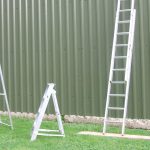
The Ladder Association User Course
- Select appropriate work at height equipment for the task
- Assess and determine when it is appropriate to use ladders and step ladders
- Correctly locate and safely use ladders and step ladders
- Inspect ladders and step ladders for damage
The course also ensures that delegates obtain an understanding of:
- Legislation and Regulations affecting work at height
- Product standards and classifications for ladders and step ladders
Registration is with The Ladder Association (formerly BLMA) providing each training delegate with a recognised and accepted licence. The licence covers:
- Operator / User
- Covers 5 year period
- ID Card and Certificate
- Accepted by UK contractors group
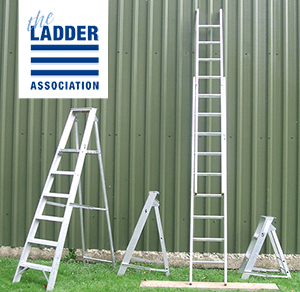
The Ladder Association User/Inspector Course (combined)
- Select appropriate work at height equipment for the task
- Assess and determine when it is appropriate to use ladders and step ladders
- Correctly locate and safely use ladders and step ladders
- Inspect ladders and step ladders for damage
- Accurately record details of ladders
- Identify component parts using industry standard naming conventions
- Thoroughly inspect ladders and stepladders, and identify safety critical faults
- Record your findings in accordance with statutory requirements (as outlined in PUWER ACOPs 163)
- Recommend action to be taken if faults found
The course also ensures that delegates obtain an understanding of:
- Legislation and Regulations affecting work at height
- Product standards and classifications for ladders and step ladders
- The relevant legislation and guidance and approved code of practice (ACOPs) governing the inspection of ladders and stepladders
- The difference between pre-use and formal inspections
- Common manufacturing processes used, and their implications for the cost-effectiveness of repairs
- The difference between maintenance and repairs and who is allowed to do them
- The correct methods of disposal of equipment at the end of it’s working life
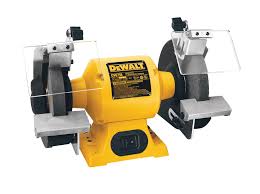
Abrasive Wheels (Novice and Refresher)
OTS offer half day or full day training courses. The full day includes a practical session including types 41 − 42 − 27 cutting/grinding discs.
The half day course is suitable for companies that use either portable or semiportable grinders and cutters. Typical environments include small workshops and toolrooms, fabricators, maintenance departments, local authority workshops and all elements of construction and engineering.
The full day course is suitable for companies with a varied range of machines or where more time is required to demonstrate, for example, diamond dressing procedures.
Plus type one bench and pedastel grinders (Fitting Only).
Both courses are ideal for companies requiring certification in the safe use of grinding wheels.
Registration is with OTS (Operator Training Services); own in house certification
OTS licence covers:
- Operator / User
- Covers 5 year period
- A4 Certificate
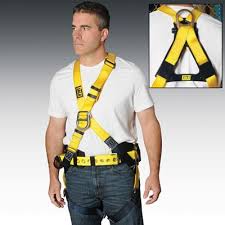
Basic Fall Protection & Harness Pre Use Inspection
The aim of this half day Basic Fall Protection & Harness Pre Use Inepction course is to equip delegates with a basic theoretical knowledge and practical experience required to effectively reduce the risks associated with using personal fall arrest equipment and systems, and to carry our with competence “pre-use” harness and lanyard inspections as required by regulations.
Please note that this course does not allow trained delegates to inspect other colleagues fall protection equipment.
Registration is with OTS (Operator Training Services); own in house certification
OTS licence covers:
- Operator / User
- Covers 5 year period
- A4 Certificate
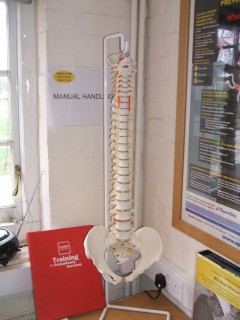
Manual Lifting & Handling
- Understand the safety of workers when carrying out manual handling tasks
- State the main aims of Health & Safety at Work Act 1974 and associated regulations
- Create a safe system of work
- Understand the need for accident prevention and control
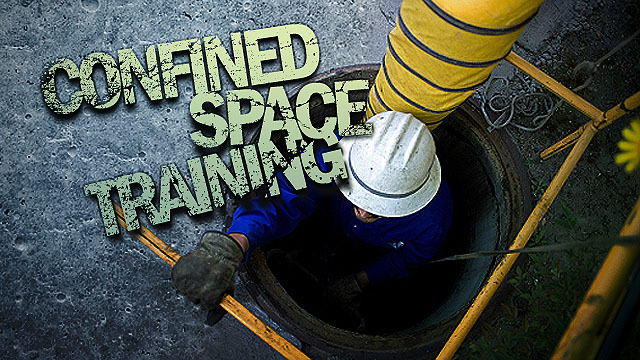
Confined Space (High Risk)
Pre-Course Requirements: All delegates should be physically fit and capable of wearing Escape BA and SCBA.
Course Content: Delivered in accordance with the Confined Space Regulations 1997, successful completion of the course leads to an understanding of:
- Identifying a Confined Space and its hazards
- The legal requirements
- Risk Assessments and Safe Systems of Work
- Equipment required to enter a Confined Space, including Gas Monitoring e-quipment, Tripods and Winches and ancillary safety equipment such as harnesses, ropes, lifelines.
- The use of open circuit (CABA) Escape Breathing Apparatus and SCBA (Self Contained Breathing Apparatus)
- Personal Protective Equipment and Hygiene
- Examination, testing and maintenance of equipment
- Ventilation and the avoidance of unsafe atmospheres
- Communication and entry procedures
- Training and personnel requirements
- Practical training and exercises
Training Methods: All theoretical training is re-enforced by demonstrations and practical exercises. There is no written examination but continuous instructor assessment is made throughout.
Certification: A Certificate of Competence will be issued on successful completion of the full course. This certificate is valid for 3 years and is available as an A4 paper or credit card style version.
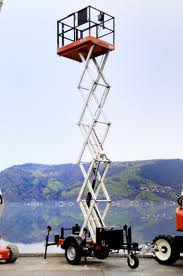
IPAF (1a) Various machine models available including Innovative Equipment TPX & Snorkel XT24SD
About us
The aim of this course is to instruct an Operator to prepare and safely operate an Insulated Boom MEWP (IAD) to obtain an IPAF IAD Operator Licence.
IPAF MEWPS Demonstrator
The aim of this 2 day IPAF MEWPS Demonstrator course: (first day operator/second day demonstrator)
IPAF MEWPS for Managers (MM)
The aim of the IPAF MEWPS for Managers (MM) course is to instruct a supervisor/manager what is required to prepare for and safely co-ordinate various types of Mobile Elevating Work Platforms (MEWPs) within their control.
IPAF MEWPS Harness Use & Daily Inspection
This half day IPAF MEWPS Harness Use & Daily Inspection course is designed to instruct a user to select, inspect and use harnesses and associated safety equipment safely when using a MEWP.
IPAF Mobile Boom (3b) Cherry Picker
An IPAF Mobile Boom (3b) Cherry Picker machine provides users with outreach. This category can be driven on the ground from within the platform and driven when elevated from the within platform.
IPAF Mobile Vertical (3a) Scissor Lift/Sigma Lift
The IPAF Mobile Vertical (3a) Scissor Lift/Sigma Lift machine has a large work platform area and can be driven on the ground from within the platform and driven when elevated from the within platform.
IPAF PAL PLUS (PAL+)
IPAF PAL PLUS (PAL+) is an optional, additional one day of category specific training. It is aimed at trained operators who work in higher risk or challenging environments, e.g. steelwork, work in confined overhead spaces or work on challenging terrain.
IPAF Push Around Vehicle (PAV)
This IPAF Push Around Vehicle (PAV) is a MEWP without drive, it is capable of being pushed into position manually.
Operators with Static Vertical and Mobile Vertical licences can use PAVs having been familiarised.
IPAF Road Rail Vehicle (RRV) (Special Category)
A Road Rail Vehicle (RRV) Mobile Elevated Work Platform is a vehicle which can operate both on rail tracks and a conventional road. These vehicles are fitted with ‘railing’ systems that allow them to be fully operational on the rail track under controlled conditions.
They are often converted road vehicles, keeping their normal wheels with rubber tires, but fitted with additional flanged steel wheels for running on rails. The rail wheels are raised and lowered as needed. Purpose-built road-rail vehicles also exist.
PASMA Combined Standard + Low Level Access
The PASMA Combined Standard + Low Level Access course will benefit anyone who may work from low level access units and standard mobile access towers. During this course delegates will learn how to safely assemble, dismantle and relocate low level access units and standard mobile access towers without risk of personal injury to the delegate or others.
PASMA Low Level Access
The aim of this half day PASMA Low Level Access course it to instruct a delegate to safely erect, move, inspect and dismantle various types of Low Level Access Equipment. This course will benefit personnel who work from prefabricated units under 2.5m of height.
PASMA Managers & Supervisors Inspection
This PASMA Managers & Supervisors Inspection course will benefit any person who has responsibility for overseeing the work of operatives on site ensuring that work is properly planned and organised and that those involved in carrying out the work are competent and properly trained, and that towers are correctly inspected and maintained. During this course delegates will learn about current legislation, regulations and guidance affecting work at height using mobile access towers.
PASMA Towers on Stairs
This PASMA Towers on Stairs course will benefit any personnel whose work involves using towers on stairs. This course will enable you to learn how to safely assemble, dismantle, alter, use and inspect without risk of personnel injury to the other delegates or others.
PASMA Work at Height Essentials
This half day PASMA Work at Height Essentials course will benefit anyone who is involved in work at height. The aim of this course it to provide delegates with an appreciation of the selection of suitable work equipment for safe working at height and will enable an individual to effectively comply with their duties under the Work at Height Regulations.
The Ladder Association Inspector Course
The aim of The Ladder Association Inspector half day course is to provide a Nationally recognised inspection course for ladders and stepladders enabling users to carry out and document periodic statutory inspections.
The Ladder Association Steps & Stools Course
This half day Ladder Association Steps & Stools Course is intended for those who are infrequent users of stepladders and step stools in shops, offices, schools and the health sector.
The Ladder Association User Course
The Ladder Association User Course objective aims to enable each delegate to be able to:
Select appropriate work at height equipment for the task
Assess and determine when it is appropriate to use ladders and step ladders
Correctly locate and safely use ladders and step ladders
Inspect ladders and step ladders for damage.
The Ladder Association User/Inspector Course (combined)
The aim of this Ladder Association User/Inspector (combined) Course is to enable each delegate to Select appropriate work at height equipment for the task.
Abrasive Wheels (Novice and Refresher)
The Abrasive Wheels Training Course is designed to meet the requirements for training in line with the Provision and Use of Work Equipment Regulations 1998 (PUWER 1998) for safety in the use of abrasive wheels.
Basic Fall Protection & Harness Pre Use Inspection
The Health and Safety at Work Act 1974 requires that those working at height be fully trained in the use of Safety Harnesses.
Manual Lifting & Handling
The aim of this half day Manual Lifting & Handling Training course is to
Understand the safety of workers when carrying out manual handling tasks
State the main aims of Health & Safety at Work Act 1974 and associated regulations
Create a safe system of work
Understand the need for accident prevention and control
Confined Space (High Risk)
This 2 day Confined Space (High Risk) course is intended for persons nominated to work in or at Confined Spaces where work has been assessed and classified as High Risk. These spaces are, primarily, substantially enclosed and where there is a potentially hazardous working environment and where Self Contained Breathing Apparatus (SCBA) is required, or potentially required, to be worn.
Confined Space (Low Risk)
This half day Confined Space (Low Risk) course is intended for persons nominated to work in or at Confined Spaces where work has been assessed and classified as NC1 or NC2 (Low Risk).
IPAF (1a) Various machine models available including Innovative Equipment TPX & ...
The IPAF (1a) machine comes in various models including Innovative Equipment TPX & Snorkel XT24SD. This machine is easily confused with PAV! It can be driven into position with operative controlling whilst on the platform, however this cannot be driven at height. Vertical machine only.
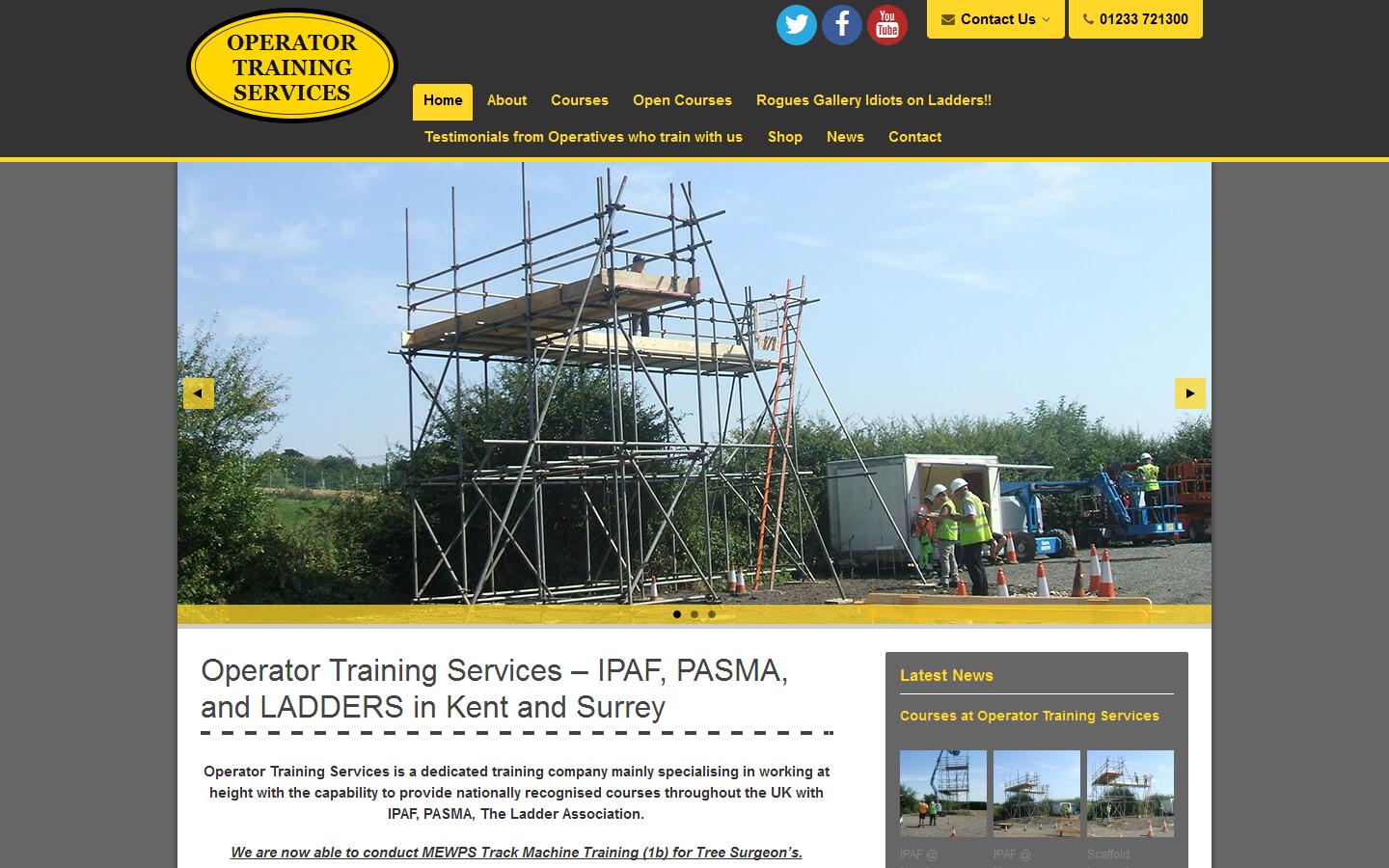
Sponsored Links
Articles / Press Releases
Trade Associations




